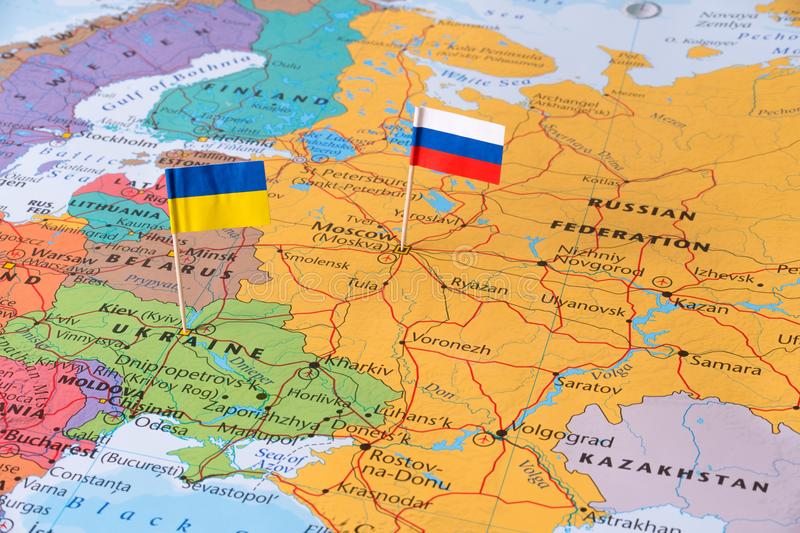For the last two years, economists Brent Gloy and David Widmar have carved out time each spring to...
Agricultural Companies Pull Out of Russia

The United Nations is scaling up its efforts to prevent a global food supply crisis as Russia’s invasion of Ukraine disrupts agriculture in one of the world’s leading breadbaskets. In addition, agricultural companies are adding their names to the growing list of global corporations to curtail business with Russia.
“The coming weeks will be critical as farmers will need to prepare land for sowing vegetables in the middle of March,” the United Nations’ Food and Agriculture Organization (FAO) said in a statement last week, noting that agriculture accounts for nine percent of Ukraine’s gross domestic product.
According to FAO, at least $50 million will be needed over the coming three months to support smallholder farmers in the country to plant their fields, harvest their crop, save their livestock and keep producing food. Between February and May, fields will be prepared for wheat, barley, maize and sunflowers.
Agco, an agricultural machinery company, announced that it has suspended the sale of new machinery in Russia and Belarus. But it also noted that its decision was made while carefully considering how best to serve farmers, because Russia and Ukraine are vital to the world’s food supply.
Together, Ukraine and Russia produce 30 percent of the wheat in global markets, as well as more than three-quarters of sunflower seed oil exports and one-third of the barley supply, according to the U.N. World Food Program.
“Sustainably feeding our world is core to our purpose, and the war in Ukraine jeopardizes the food security of those who rely on Ukrainian and Russian exports,” Agco said. “We will continue to take action to prevent this humanitarian crisis from becoming a global hunger crisis.”
Global agricultural prices were already at an all-time high amid the coronavirus pandemic and climate change, and the war is expected to send prices for many crops soaring. War is exacerbating food prices and shortages abroad, especially for food insecure nations
Ukraine’s parliament said in a statement late Sunday that it welcomed the decision by major agricultural companies to pull out of Russia or significantly curtail their business there.
Deere & Co., the maker of John Deere farming equipment, said it has stopped shipments to Russia. Caterpillar said it was shutting down manufacturing facilities there amid supply disruptions and sanctions, with its charitable arm committing $1 million in support for Ukrainians.
Trimble, which makes surveying equipment, said it strongly condemns the unprovoked invasion of Ukraine by the Russian government. It said it has stopped selling its products and services in Russia, as well as in Moscow ally Belarus.
The boycott by major players in the agricultural industry broadens the already widespread isolation of Russia and its residents. With the ruble plunging and oligarchs scrambling to cope with the crackdown, Russian President Vladimir Putin has criticized what he calls an “economic war” waged by the United States.
Ukraine’s parliament noted that the effects of the invasion — including lack of fuel and fertilizers and disruptions in supplies of equipment and machinery — have made this season’s sowing “the most difficult in the history of Ukraine’s independence.” “The food security of the whole state is on the shoulders of Ukrainian farmers,” it said.
Editor’s Take:
It is truly unfortunate that the world is facing such a negative situation caused by the actions of one person. The ramifications of the decision by Russian President Vladimir Putin to invade Ukraine are already being felt in nearly every nation across the globe. Only time will reveal the total pain and suffering caused by the invasion, but one thing is clear – many people will suffer as a result. The decision by companies to pull out of Russia is laudable. Helping the Ukrainians in any way possible to stand up to the schoolyard bully is absolutely necessary and supported by most nations. We are confident that the world will adjust to the “new normal”!








